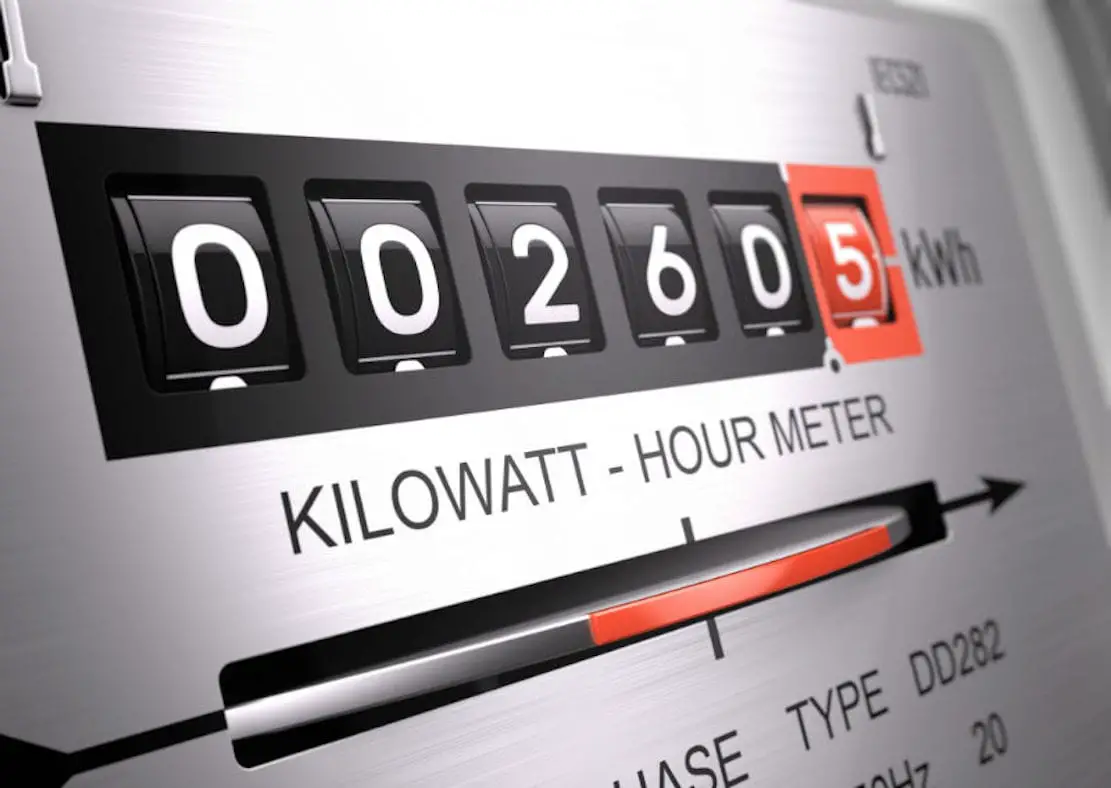
Households across Northern Ireland will start to receive £600 worth of support with their energy bills under the UK government’s energy support schemes from today (Monday).
The financial help has already reached a number of “vulnerable households” last week.
This follows the UK government’s announcement in December that all households across Northern Ireland will receive a single £600 payment, made up of £400 through the Energy Bills Support Scheme Northern Ireland (EBSS NI) and the £200 Alternative Fuel Payment (AFP).
The £200 AFP is being provided to all households given the high proportion of households who use alternative fuels to heat their homes. A further update on 30 December set out how and when households would receive support in January. The one-off £600 payment means households are due to receive the full amount of energy bills support from the UK Government before households in Great Britain.
Starting from today, with delivery phases continuing throughout January and February, customers who use a prepayment meter (keypad) or who pay their bills quarterly via standard credit will receive a voucher worth £600.
People due to receive support in the form of a voucher are encouraged to look out for them arriving in the post, and to redeem the voucher as soon as possible once they receive them. This will help make sure support is delivered to all households as promptly as possible.
The voucher will come in the form of a letter, will carry the badge of the relevant electricity supplier and the UK government, and will contain a barcode. Customers will not be asked to go online or to provide any details, with ministers urging the public to stay vigilant of scams. For customers who pay by standard credit, vouchers will be addressed to the account holder, while customers who pay via a keypad meter will receive a voucher addressed to “the occupier” of their property.
All customers who are classed as vulnerable by their supplier have been prioritised to receive support first. This includes people who are of pensionable age, disabled or chronically sick, and are already listed on their supplier’s Customer Care Register.
The easiest way for people to redeem their voucher is by paying the money directly into their bank account. To do this, customers need to take the following items with them to the Post Office:
- their voucher (addressed to the account holder or occupier of their home)
- the letter from their supplier
- proof of address (dated between 1 January 2022 and 1 January 2023)
- photo ID
- bank card
Customers who use a keypad will also need to take their keypad card or app to the Post Office to redeem the voucher.
People who do not have a bank or credit union account will also be able to redeem their vouchers for cash at the Post Office, subject to the branch having the cash available. Householders are strongly advised to open an account as this is the safest way to receive the £600.
Customers with a Direct Debit arrangement with their energy supplier will automatically receive the £600 payment directly to their bank account, without any action required, and will not be provided with vouchers.
Regulations were recently introduced to make sure support is passed on to households who pay for their energy via an intermediary, such as a landlord.
Energy and Climate Minister, Graham Stuart, said: “We’ve been working flat out to make sure households across Northern Ireland get the support they’ve been promised this winter, so it’s great to see this landing where it’s needed, with vulnerable customers first in line. The coming weeks will see each household in Northern Ireland receive £600 to help with their energy bills, so they can keep safe and warm this winter without worrying about the cost.
“I urge all customers due to receive vouchers to look out for them and redeem them as soon as possible, so they can benefit from this support worth hundreds of pounds. This is the latest step we’re taking to help households in the face of global strains on the energy market.”
Northern Ireland Secretary of State Chris Heaton-Harris said: “This is much needed and welcome support for Northern Ireland households, with vouchers beginning to reach people today, with delivery continuing over the next number of weeks. If you’re a customer that pays by direct debit, you will receive the £600 payment directly to your bank account.
“I’m grateful to all those who have been working hard to deliver this support for Northern Ireland but it is disappointing that this was not able to be delivered sooner by the Northern Ireland Executive.”
Peter McClenaghan, Director of Infrastructure and Sustainability at the Consumer Council, said: “It is very welcome news that the first of the £600 payments are now being made to consumers in Northern Ireland. While it may take a few weeks for consumers to receive the vouchers, the important thing to know is that you don’t need to do anything to receive the voucher, it will be posted to you directly. There is no need to contact your energy supplier, Post Office, or the Consumer Council as direct debit customers will have the money paid into their bank account and everyone else will be sent a voucher letter in the post.”
Details of how households in Northern Ireland can expect to receive the support are set out below:
Customers who pay by Direct Debit
- Direct Debit customers will receive the payment directly to their bank account or if suppliers have been unable to complete a direct payment for a Direct Debit customer into their bank account, then they will receive a voucher from the Post Office in the name of the electricity account holder.
- These payments will be made from 16 January onwards.
- Direct Debit customers do not need to contact their supplier to receive this payment – it will be credited to their bank account automatically.
- Only the account holder can access the £600 payment. There should be no need to contact your supplier to receive this payment.
Customers who pay by Cash, Cheque or Bank transfer (standard credit)
- Customers who pay for their electricity by cash, cheque or bank transfer will receive a voucher from the Post Office in the name of the electricity account holder.
- Deliveries of vouchers will begin on 16th January, with delivery phases continuing throughout January and February.
- Customers do not need to contact their supplier to receive this voucher – it will be sent to homes automatically.
Customers who pay via a keypad meter
- Customers who pay for their electricity via a keypad meter will receive a voucher in the mail from the Post Office addressed to “the Occupier”.
- Deliveries of these vouchers will begin on 16th January, with delivery phases continuing throughout January and February.
- Customers do not need to contact their supplier to receive this voucher – it will be sent to homes automatically
Equivalent payments will be made through the EBSS Alternative Funding scheme at a later date to households without a domestic electricity contract, such as residents of park homes, care homes, tenants in certain types of private and social rented homes, and residents of caravans and houseboats on registered sites. Further details will be set out in coming weeks, ahead of the scheme’s launch in February.
In addition to the discounts provided through EBSS NI and Alternative Fuel Payments, the UK Government’s Energy Price Guarantee (EPG) is expected to save the average UK family £900 over this winter.
Further support in direct payments is being provided to vulnerable households this year, including cost of living payments for pensioners, people receiving disability-related allowances and those on means-tested benefits.
The Household Support Fund provides additional assistance for those most in need and £26 billion worth of targeted support will help protect the most vulnerable over the next financial year.






